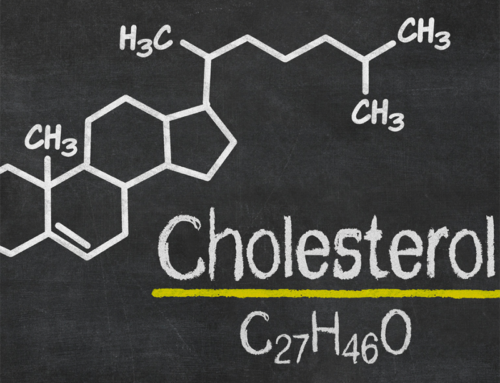A new study in the Journal of Nutritional Biochemistry found that curcumin could increase levels of an immune-boosting protein that prevents infection.
Researchers here looked at the ability of curcumin and omega-3 fatty acids to increase the cathelicidin antimicrobial peptide, or CAMP, gene. CAMP helps your immune system fight off bacteria, viruses, and fungi. For instance, it protects against the bacteria that triggers tuberculosis.
Now, researchers found no increase in CAMP levels with omega-3 fatty acids. (Which shouldn’t deter you from taking fish oil, since it’s good for about a million other things.)
Curcumin was more impressive: it allowed CAMP levels to nearly triple in this study.
We knew that vitamin D boosted CAMP levels, but this study was the first to show curcumin could also boost CAMP.
“Curcumin, as part of turmeric, is generally consumed in the diet at fairly low levels,” researchers said. “However, it’s possible that sustained consumption over time may be healthy and help protect against infection, especially in the stomach and intestinal tract.”
 If you’ve read my book The 150 Healthiest Foods on Earth you know I’m a huge fan of turmeric, a pungent orange-yellow spice that’s used in curries and other Indian, South Asian, and Middle Eastern cuisines.
If you’ve read my book The 150 Healthiest Foods on Earth you know I’m a huge fan of turmeric, a pungent orange-yellow spice that’s used in curries and other Indian, South Asian, and Middle Eastern cuisines.
Ayurvedic (Indian) medicine, in fact, treats this spice with absolute reverence and often incorporates it for anti-inflammatory and other medicinal purposes. Chronic inflammation, also known as the silent killer, contributes to nearly every disease, from cancer to diabetes to heart disease.
The anti-inflammatory and other benefits here come from curcumin, the active compound in turmeric. This potent antioxidant can neutralize damaging free radicals and also stop them from occurring in the first place.
Curcumin’s antioxidant abilities protect your colon, heart, liver, and other organs. Just one example: curcumin induces glutathione S-transferase, an enzyme that helps your liver detoxify.
Studies also show curcumin helps fight numerous cancers and cognitive decline. A study in the journal CNS Neuroscience & Therapeutics showed curcumin could even reduce your risk for Alzheimer’s disease.
Now, here’s the deal. I want you to sprinkle turmeric liberally to spice up your foods and receive its numerous health benefits. I love turmeric on eggs, for instance, and green vegetables like spinach. And, of course, enjoy this spice in your favorite Indian dish.
But to get therapeutic doses of curcumin, the active, anti-inflammatory antioxidant in turmeric, you need a highly absorbable supplement. That’s because turmeric powder contains a small amount of curcumin, while a supplement can be standardized up to 95% curcumin.
 Curcumin works synergistically with other anti-inflammatory compounds. One formula I really like is Inflammatone from Designs for Health »
Curcumin works synergistically with other anti-inflammatory compounds. One formula I really like is Inflammatone from Designs for Health »
This “natural” Vioxx combines a proteolytic enzyme mix with turmeric (standardized to contain 95% curcumin), boswellia, ginger, quercetin, rutin, rosemary, as well as the anti-aging compound resveratrol.
Together these nutrients provide a powerful antioxidant, anti-inflammatory punch.














Leave A Comment